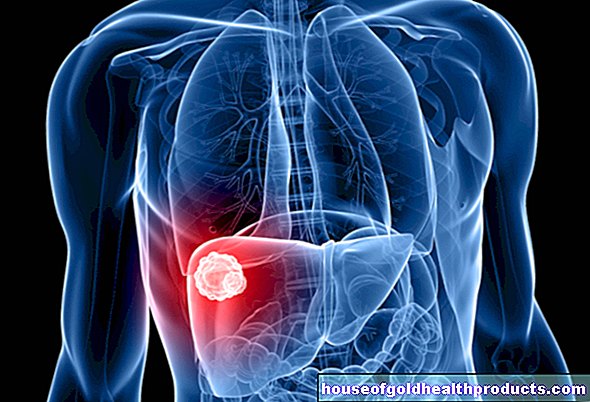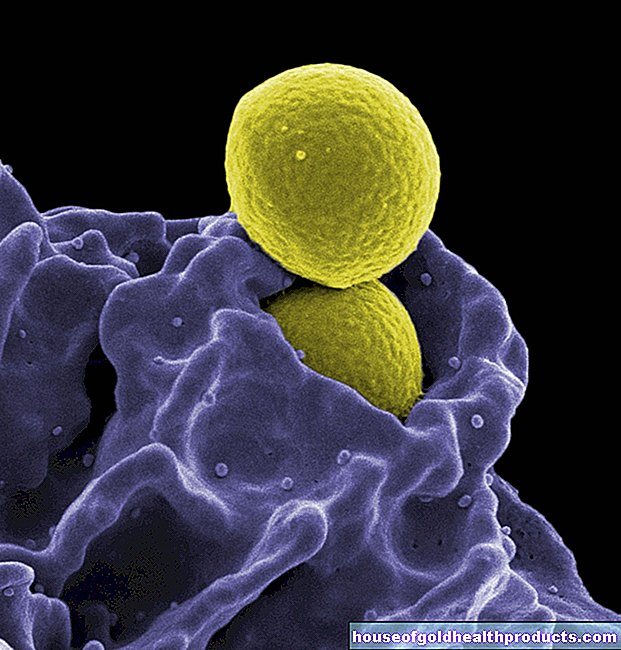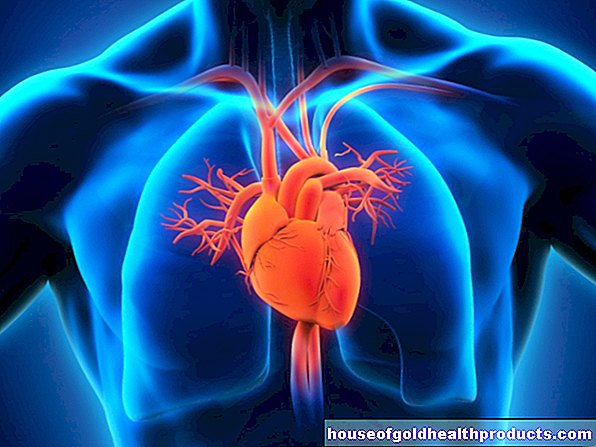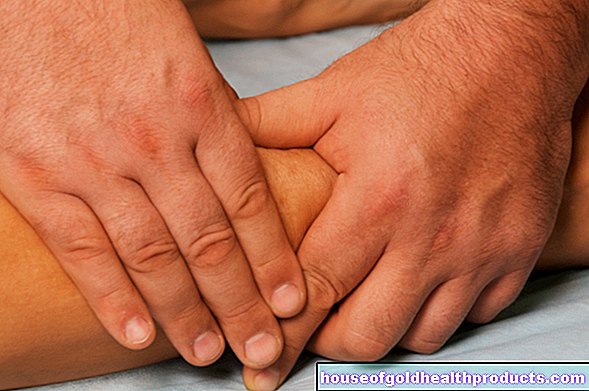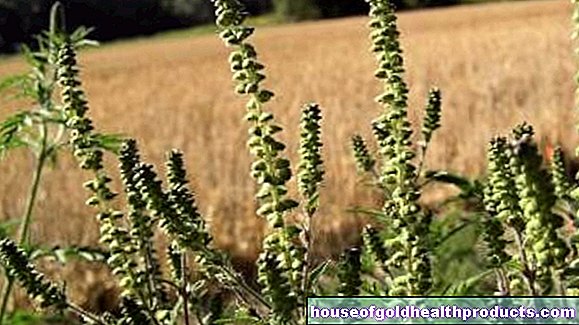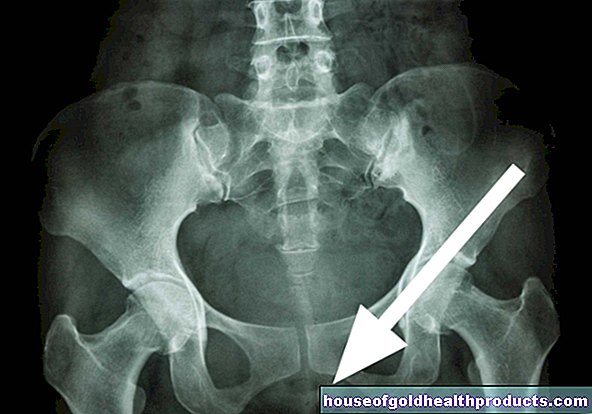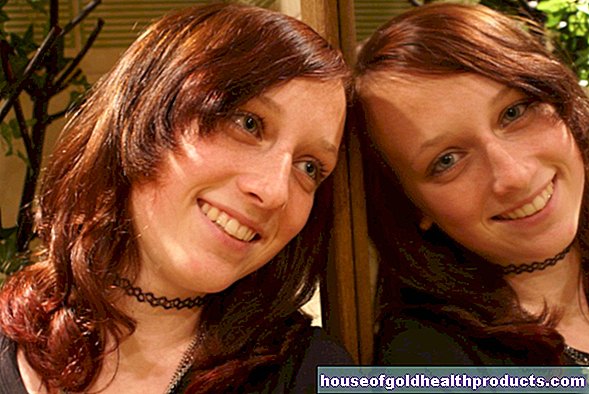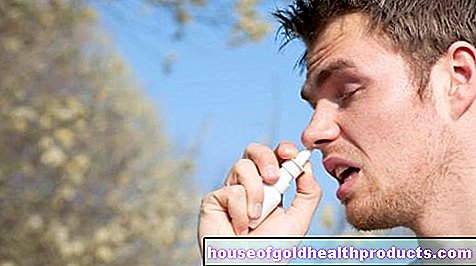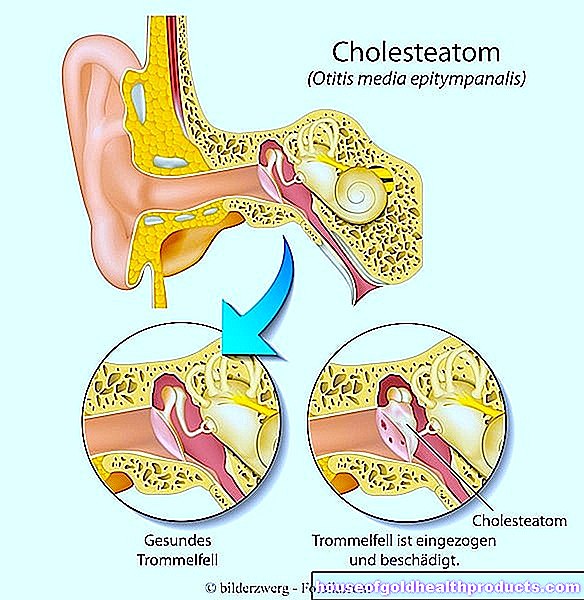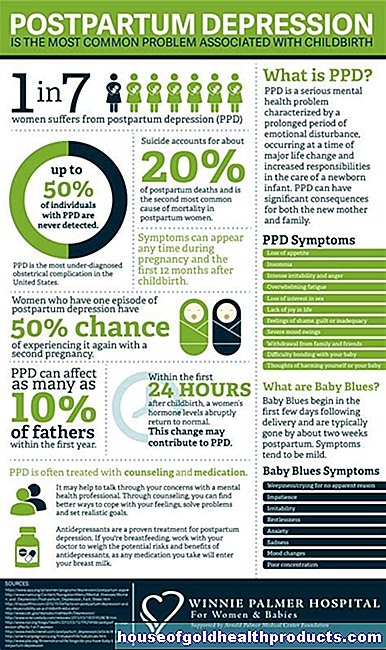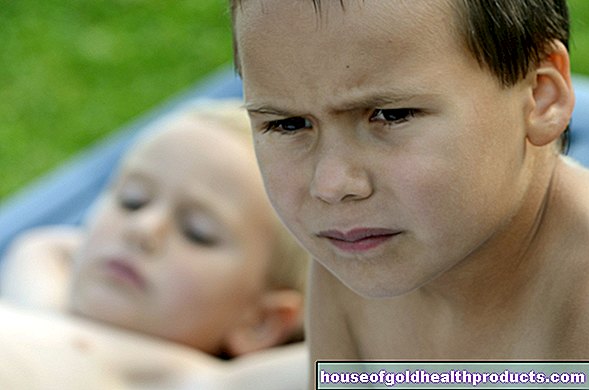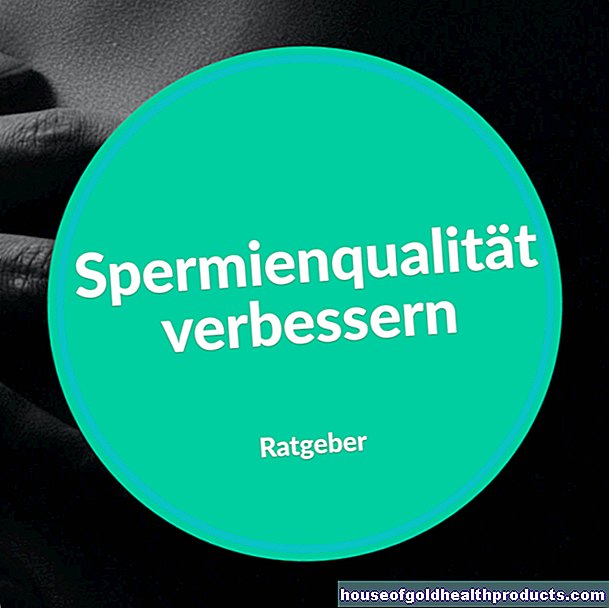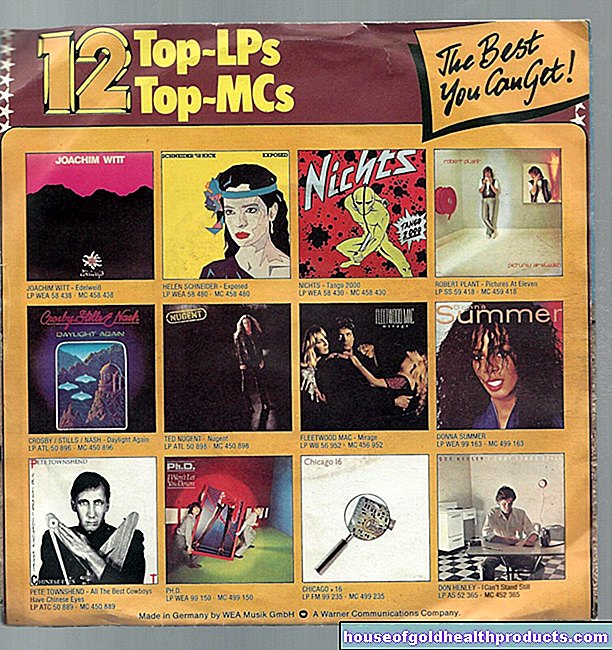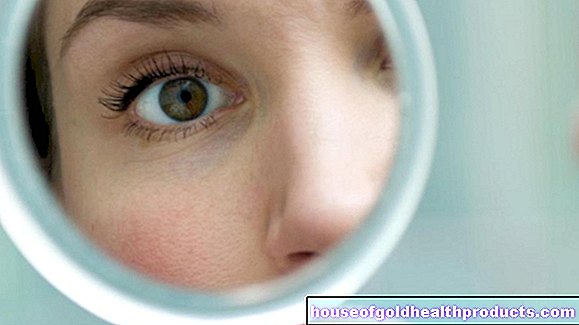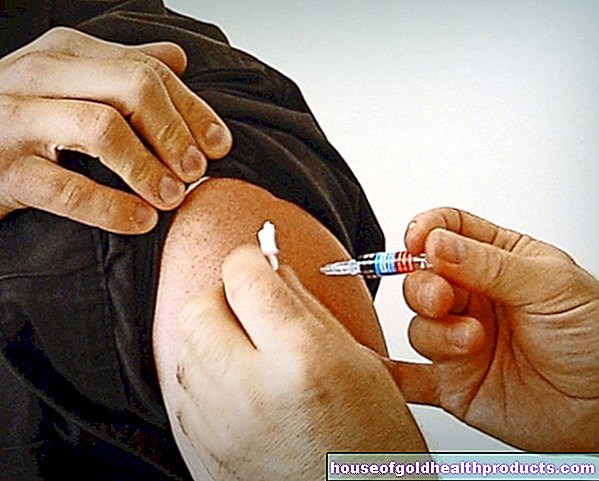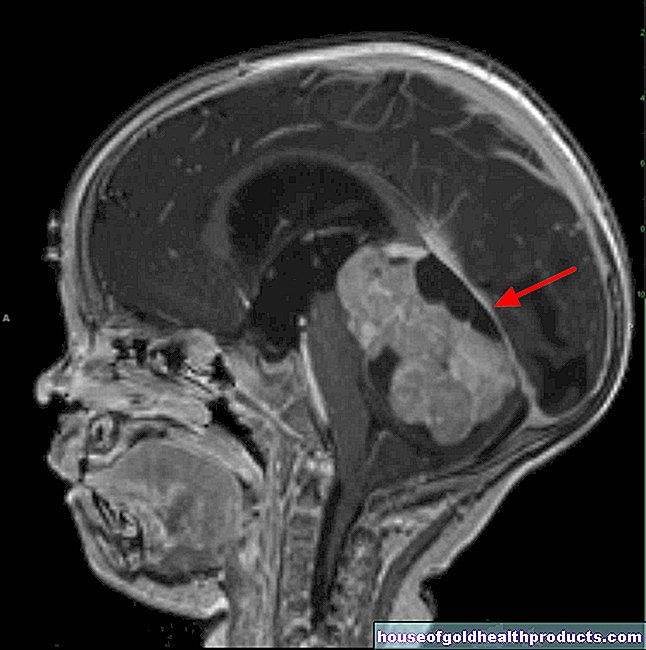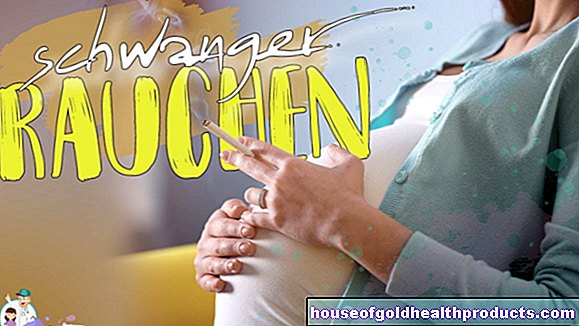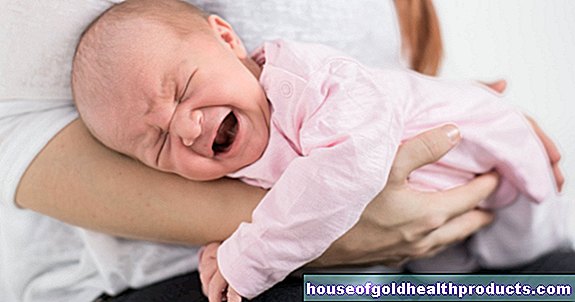Vaginal bacteria for cesarean babies
All content is checked by medical journalists.Caesarean section babies are different from naturally born children: other microorganisms, especially bacteria, live on them and in them. The result is obviously a weaker immune system - the children get sick more often. A team of scientists from California has now tested a simple way of equipping children with cesarean sections with the mother's healthy microorganisms.
"When my daughter was born by caesarean section, we arranged for her to come into contact with my wife's vaginal microorganisms," says Rob Knight, pediatrician and director of the Center for Microbiome Innovation at the University of California. Today his daughter is four years old and healthy. On the basis of this individual case, one cannot say whether this is related to the microorganisms that originate from her mother. Therefore, together with colleagues, Knight has now examined more closely to what extent vaginal microorganisms can be transmitted from the mother to cesarean children. “Earlier studies had already shown that the microbiome - the entirety of the microorganisms in a body - differs significantly from one another in children born by caesarean section or vaginally. And that for years, ”says Knight.
Transfer by gauze bandage
Eighteen pregnant women took part in his study, seven of whom gave birth to their babies vaginally and eleven by caesarean section. Four of the caesarean babies were exposed to their mothers' vaginal secretions immediately after birth. The doctors put a sterile gauze bandage into the mother's vagina an hour before the caesarean section. It was used to rub the newborn's body and face, especially the mouth, immediately after birth.
The scientists then observed how the children's microbiome developed over a period of six months. To do this, they investigated which microorganisms were in the children's anal, oral and skin samples compared to those of the mother.
Booster for the immune system
The result: the babies who came into contact with maternal vaginal secretions after the caesarean section resembled the naturally born children much more closely in their microbiome than those who had not received this treatment - especially in the oral and skin samples. The difference was still measurable one month after the birth. "We were able to show that it is possible to influence the microbiome of newborns," explains Knight.
This could possibly have a positive influence on the health of the cesarean section babies. Because the microorganisms help to develop the child's early immune system. Various studies show that cesarean section children have a higher risk of allergies, atopic diseases such as neurodermatitis, asthma or obesity. Many of these diseases are already suspected to be related to the body's own microorganisms.
"In further studies we want to examine more children and observe how the effect works over a longer period of time," says Knight. The researchers then also want to investigate how the microorganisms to which the baby is exposed during birth affect its health in the long term.
During a caesarean section, the baby is born surgically through an incision in the abdominal wall and uterus. In Germany there are more and more caesarean sections, because these are not only performed if there is an increased risk for mother and child during a natural birth, but also if desired without medical necessity. Overall, around a third of children are born through a caesarean section. (away)
Source: Knight R. et al .: Partial restoration of the microbiota of cesarean-born infants via vaginal microbial transfer. Nature Medicine, 2016; DOI: 10.1038 / nm.4039
Tags: elderly care medicinal herbal home remedies Baby Child
